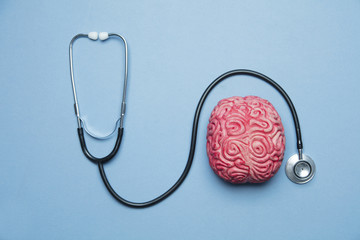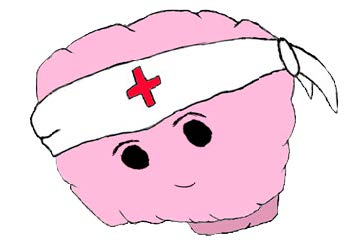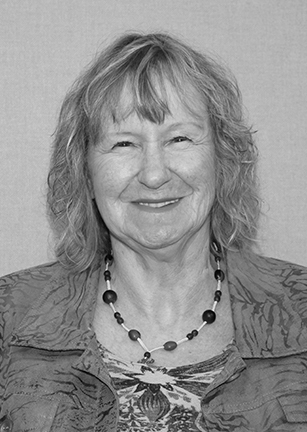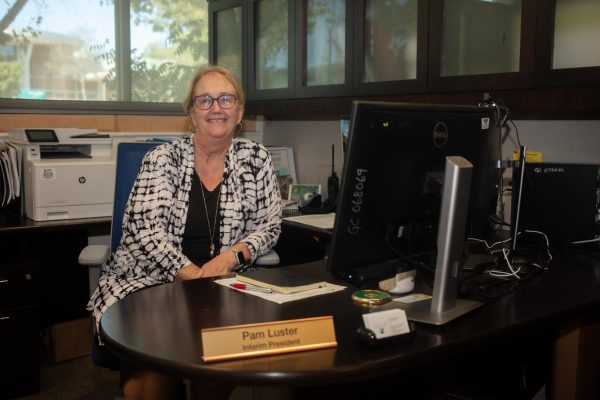Mental Health Awareness
May is the month to take stock of your mental health.
May 10, 2019
What exactly does the term “mental health” mean? We may hear many phrases bantered about— “mental as anything,” what a mental case,” “they are mentally disturbed,” “you belong in a mental institution,” etc. While some can be used in jest, most of these comments reflect common misconceptions about mental health and add a negative connotation to the concept.
MENTAL HEALTH VS. MENTAL DISEASE
Mental health has many definitions that include emotional, psychological and social well-being. The word “mental” is defined as “relating to the mind, encompassing cerebral function, intellect, mood and cognitive awareness.”
Individuals with stable emotional and psychological balance are able to utilize their cognitive and emotional capabilities to the fullest. It helps to determine how individuals handle stress, relate to others and make choices. It remains important during every stage of life, beginning in childhood and continuing throughout adulthood.

It is common for many to experience mental health problems throughout our lives that could affect our mood, thinking and behavior. Some of the factors that may contribute to mental health disorders include:
• Biological factors, like genes or brain chemistry
• Life experiences, such as trauma or abuse
• Family history of mental health disorders
Help is available, and most individuals with mental health problems improve and recover completely with appropriate treatment.
Mental disorders and diseases occur when stability and balance are disrupted to affect normal behavior. These problems can be mild disorders such as situational depression and anxiety, to chronic chemical imbalances such as depression and severe disease states like schizophrenia that disrupt daily routines.
Affected individuals have difficulty relating to others and tend to isolate themselves. Energy levels plummet, making everyday tasks difficult to manage. Feeling worthless and hopeless lowers self-esteem to cloud all perception. Fortunately, modern pharmacology and advances in treatment have contributed to public awareness to
understand and accept mental disorders and diseases.
GROSSMONT’S INVOLVEMENT
On May 6 and 7, the Psychology Department hosted “Science Not Stigma: Mental Health Awareness,” a program to promote openness and factual information about this sometimes controversial subject.
Guest lecturers from UCSD Psychiatry and SDSU psychology departments opened the first day to explain the clinical aspects of mental health. They were followed by presentations from Grossmont professors, staff and students. A
presentation on managing stress and anxiety by the Via Rapida Peer Mentors concluded the day.
Day two focused on educating participants to achieve a balanced mental state despite multiple stressors and challenges. Several presentations focused on practical methods students can utilize, including recognizing impending signs of problems and implementing actions to manage them. Grossmont Counseling Services hosted a session about understanding and coping with anxiety.
A presentation by the Grossmont Mental Health Department focused on creating resilience in student minds, completed the event. Participants left the event with a different awareness and perception regarding mental health.
Free and confidential counseling services are available at Student Health Services, which is located in Building 60.
For more help or information, call Student Health Services at 619-644-7192 or visit 60-130.














